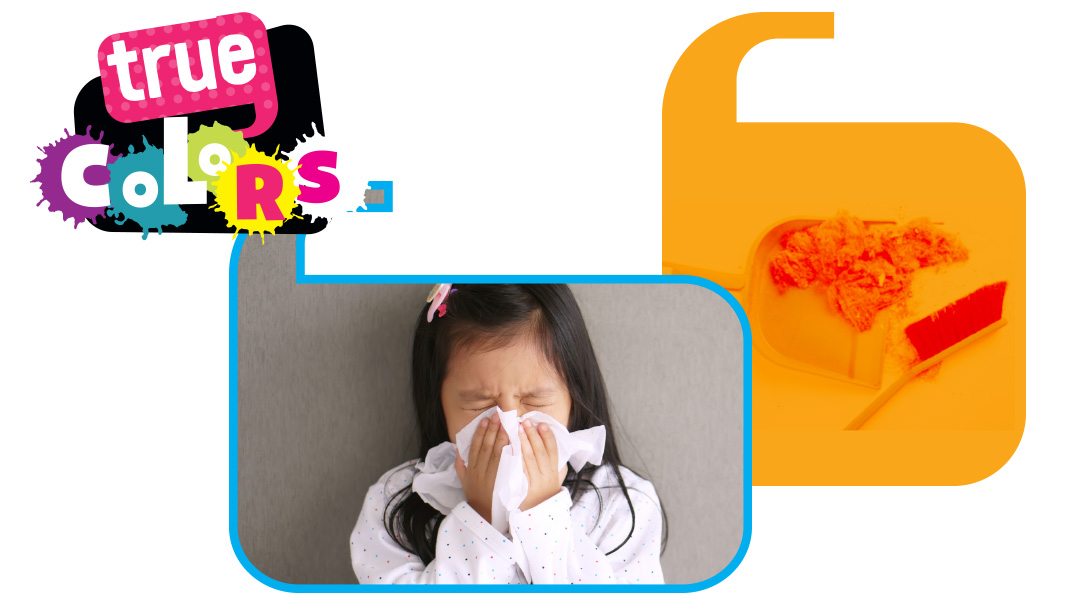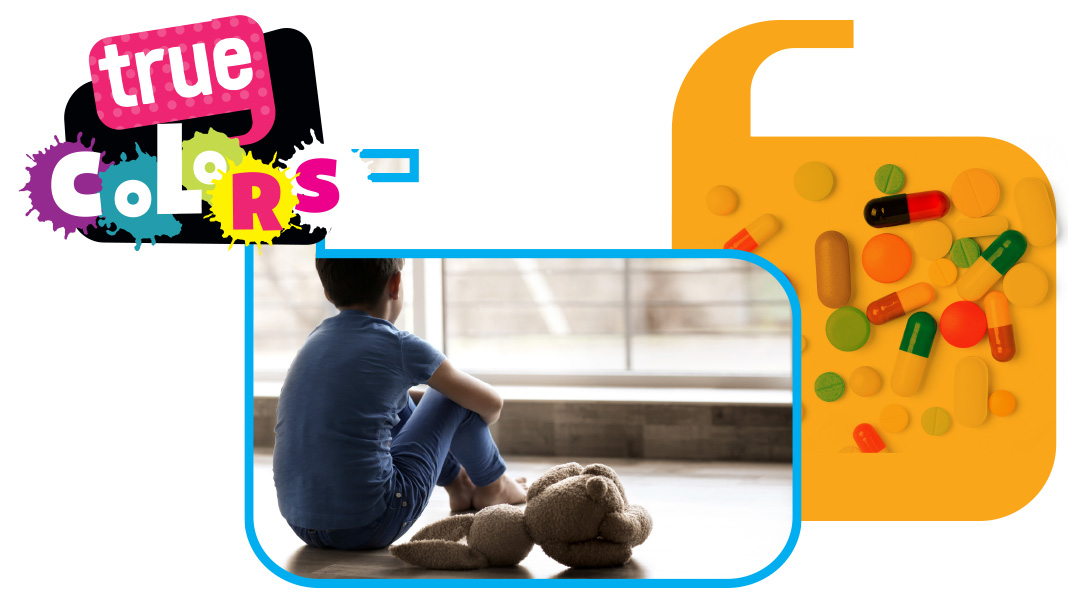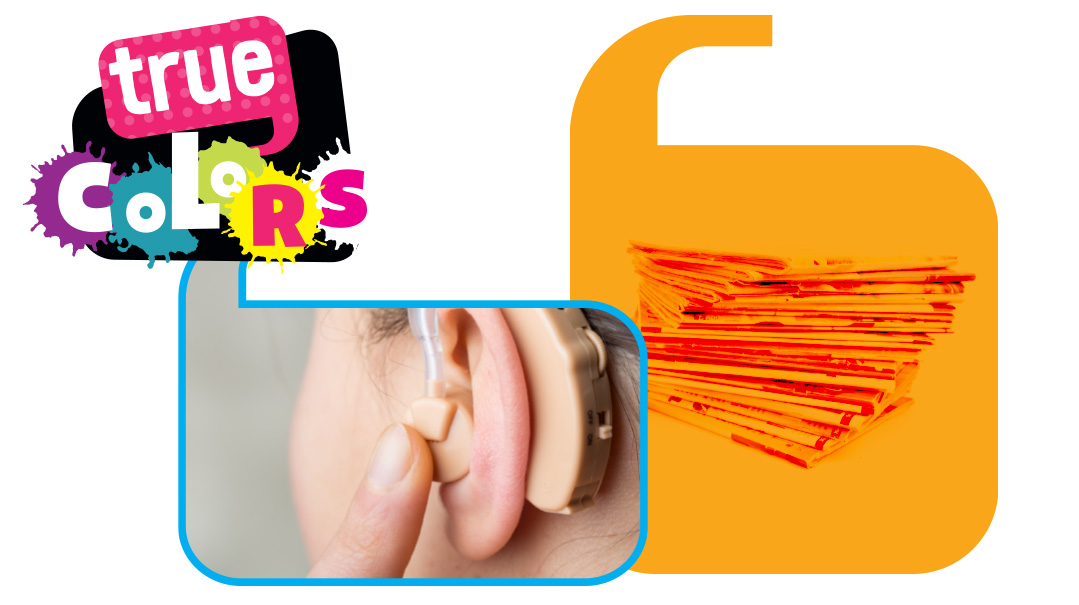Got an Itch?
| October 25, 2022“Dust? You can’t be allergic to dust!”

I’m pretty sure you know people with allergies. Maybe you have allergies yourself. Are you allergic to nuts? Sesame? Dairy? Those are all fairly common allergies. But sometimes people get surprised when they hear what I’m allergic to. They scrunch up their noses and say, “Dust? You can’t be allergic to dust!” Well, I’m here to say that you sure can be allergic to dust. I am, and some of my siblings are, too. But let me start at the beginning.
Ever since I was little, I often had a runny nose. I sneezed a lot. Also, my eyes and the inside of my ears and the back of my throat would get itchy. Try scratching the back of your throat. Guess what? You can’t. So, I learned to make a horrible noise with the back of my throat that scratched the itch pretty well, but my family hated it. They also hated when I stuck my fingers in my ears and rubbed and rubbed, because they said it looked gross. But it gave me relief from the constant itchiness, so I kept doing it.
My playgroup teachers thought I had a chronic cold. My grandmother told my mother to stop feeding me milk products. The neighbor down the street admonished my mother for putting the air-conditioning on, telling her that she could tell I was being exposed to too much AC.
But turning off the air-conditioning and stopping dairy didn’t help. One day a family friend who also happened to be a pediatrician said to my mother, “You should have her tested for allergies.”
Oops! We could not locate your form.







